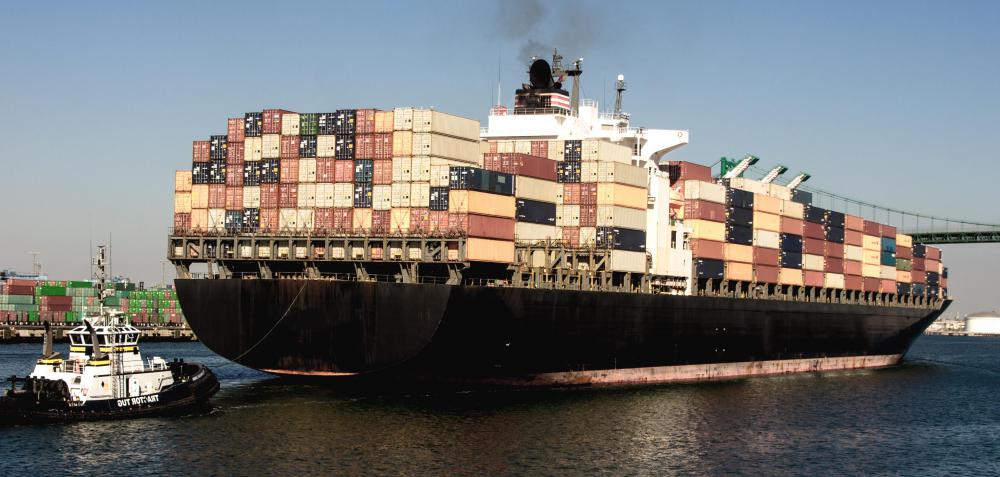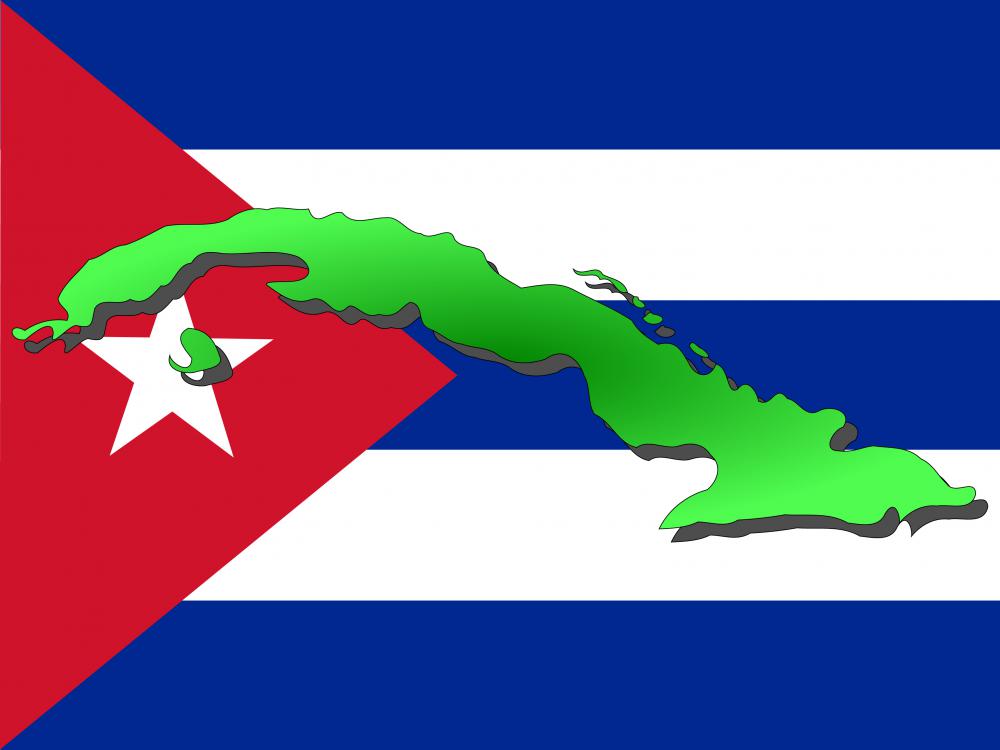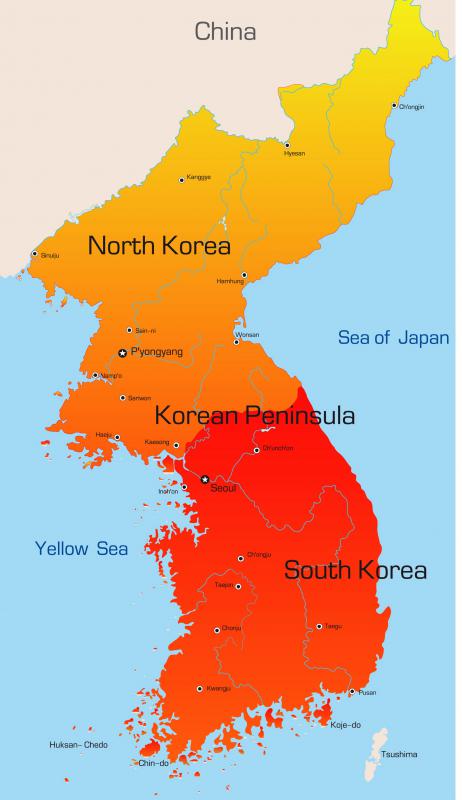At SmartCapitalMind, we're committed to delivering accurate, trustworthy information. Our expert-authored content is rigorously fact-checked and sourced from credible authorities. Discover how we uphold the highest standards in providing you with reliable knowledge.
What Is the Difference between an Open and Closed Economy?
The difference between an open and closed economy lies in a country's policies on international trade and financial markets. An open economy allows its businesses and individuals to trade with businesses and individuals in other economies and participate in foreign capital markets. A closed economy prevents its businesses and individuals from interacting with foreign economies in an effort to remain isolated and self-sufficient. The basic distinction between an open and closed economy concerns whether a country's government allows its citizens to participate in the global marketplace.
Interaction with foreign countries is the basis of international trade. Trading between countries happens through the export, or sale, of goods and services by parties in one country and the import, or purchase, of those goods and services by parties in another country. On the surface, the ability to conduct trade across international borders may seem a luxury rather than a necessity, but the ability is incredibly important to the health of a country's economy. International trade expands the market for goods and services, allowing businesses to employ more people to make a quantity of goods that exceeds the demand in their home country.

An open and closed economy differs in how each handles international trade. Open economies allow importing and exporting of goods. Closed economies prevent importing and exporting, and, instead, rely solely on goods and services produced within the country to satisfy domestic demand. The notion of an economy's production equaling its consumption is a type of autarky, or policy requiring self-sufficiency.

The other distinction between an open and closed economy is the participation in capital markets. The international capital market consists of stock exchanges that enable a country's corporations to raise money from the public. It also consists of the ability of governments to raise money by selling debt instruments, such as treasury bonds, and to make investments in foreign currencies. In an open economy, a person can buy stock in a corporation that is located in a foreign country or purchase foreign currency to go on a vacation. Closed economies, however, prevent businesses and individuals from using the country's money to make purchases outside its borders.

There are no countries that exist today with completely closed economies. Some countries, like North Korea, restrict their trade to a certain limited block of countries, but their economies are not completely closed. The only instances in world history where countries have implemented a classic closed economy for a time is when a country was under the thumb of a totalitarian regime that isolated the country to keep political or military control. Globalization of world markets ensures that countries prefer to operate under an open economy system, but that notion can also have limitations. For example, the U.S. might seem a classic example of an open economy, but it restricts its citizens from trading with Cuba.
AS FEATURED ON:
AS FEATURED ON:














Discussion Comments
Is it considered an open economy if a country allows its investors to buy stock in other countries, but limits foreign investors from buying their stock?
@ddljohn-- Countries that do not have completely open economies usually prefer this system for political reasons. Trade leads to growth and development, but it also aids globalization, which is not desirable for everyone. Some countries do not want to become reliant on certain countries or do not want to be influenced by their culture. Sometimes not trading with someone can be a way to protest that country's policies and it is frequently done.
It's also not true that trade doesn't have any disadvantages. One important disadvantage is that if a country has a national economic crisis, the countries that trade with that country will be negatively affected as well. This may be another reason why every country doesn't trade with every other country in the world. Many developing nations are kept out of international trade organizations that developed nations participate in for this reason. Developed countries do not want to take the risk of trading with those countries.
So I guess we could say that just as there no closed economies in the world, there are no completely open economies either. Countries choose their trading partners with care.
I don't understand why some countries limit trade because trade is very good for the economy. Trade helps economies grow and encourages development. It's a win-win situation for everyone. Even countries that used to have socialist, planned economies have capitalist, open economies today.
Post your comments